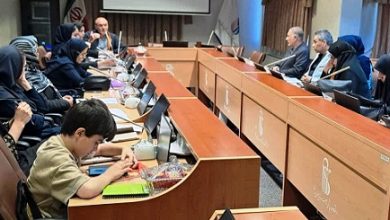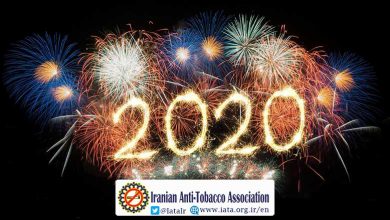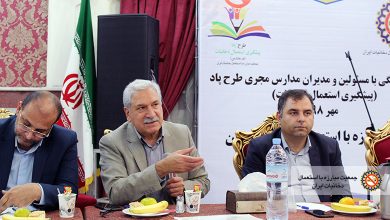
The tobacco industry has intensified its interference in public health policymaking worldwide, undermining the obligations of governments under the World Health Organization Framework Convention on Tobacco Control (WHO FCTC), particularly Article 5.3 and its guidelines, which call for safeguarding public health policies from tobacco industry influence.
The 4th Global Tobacco Industry Interference Index, covering 90 countries across Africa, the Eastern Mediterranean, the Americas, Europe, South and Southeast Asia, and the Western Pacific, reveals a concerning global trend: 43 countries reported worsening scores, while only 29 countries showed improvements, primarily in transparency and regulation of interactions with the industry. The assessment, based on the ASEAN Tobacco Industry Interference Index developed by SEATCA, highlights persistent tactics used by the industry, including corporate social responsibility (CSR) initiatives to access policymakers, lobbying against regulations, tax manipulation for novel tobacco products, and forming voluntary agreements with governments to divert attention from environmental harms such as cigarette-related plastic waste.
The report also documents discussions at the Global Tobacco Control Conference in Dublin, where countries shared strategies to counteract industry interference. Examples include Brazil’s continued ban on e-cigarettes despite industry pressure, Scotland’s exclusion of industry representatives from legislative consultations, Ecuador’s adoption of a code of conduct to enhance transparency, and Botswana’s legal incorporation of Article 5.3 prohibiting political contributions from the tobacco industry.
Parallel developments reflect growing global concern:
-
South Korea is moving to classify synthetic nicotine as tobacco, ban online sales, and restrict flavor additives in e-cigarettes to reduce youth access.
-
Uruguay has enacted a bold ban on disposable e-cigarettes, citing both public health and environmental threats, including toxic plastics, lithium-ion batteries, and marine life impacts.
Collectively, these findings underscore that no country is immune from tobacco industry interference. Strengthened transparency measures, regional cooperation, and consistent enforcement of WHO FCTC Article 5.3 remain critical to protect public health policies and counter industry strategies.





